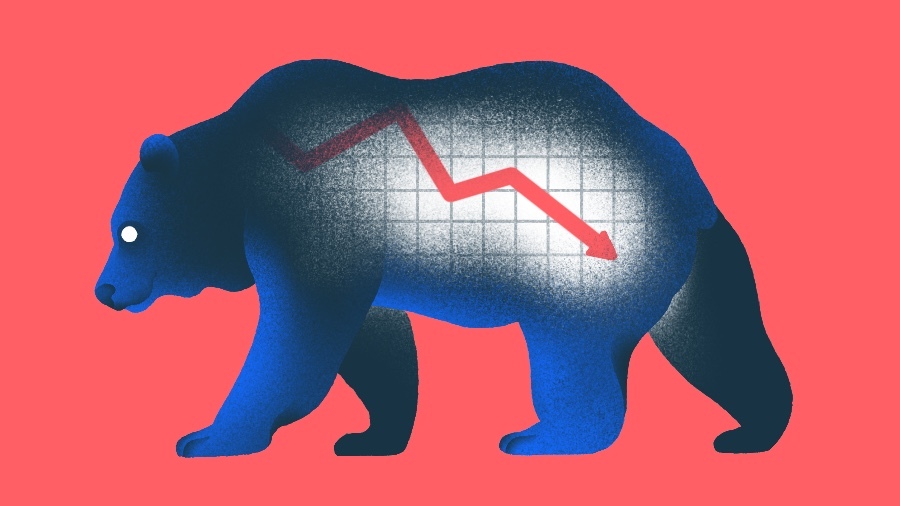Say you put $100 into a Nasdaq Composite Index fund at the peak of the boom. That would have been Nov. 19, 2021, back when interest rates were low and tech stocks were scorching hot.
Today, that investment would be worth about $76. It’s a disappointing return, reflective of several quarters of steadily falling technology valuations. But you could have done worse.
Now, imagine that, instead of the index fund, you picked a basket of hot, venture-backed startups founded in the past 15 years. You know, companies like Airbnb, Coinbase, Rivian and Uber.
Let’s say you invested at the market peak in November 2021. And let’s say you bought a share of the startups that launched the 19 largest public offerings in the past 10 years.
Search less. Close more.
Grow your revenue with all-in-one prospecting solutions powered by the leader in private-company data.
If you held till now, every $100 you invested would be worth around $32. That’s much steeper than the decline in the tech-heavy Nasdaq Composite Index, and points to public investors’ deeper disenchantment with mostly unprofitable newer market entrants.
How far down?
To illustrate how far hot startups have declined since the peak, we put together a chart of the 19 companies in our sample below. We look at where share prices were at the 2021 market top, and where they are now.
Notably, only one company on our list — Uber — is even close to where it was at the peak. Shares of the ride-hailing giant got a boost after a Q1 earnings report showing better-than-expected revenue and sharply lower losses.
Every other company on our list except Airbnb has shed more than half its value in the past year and a half. For some, the declines are especially pronounced. Real-estate i-buying platform Opendoor, and electric-car maker Rivian, for instance, are both down close to 90%. Bright Health Group is down 95%.
Hot newcomers are just not valued like they used to be
While our basket of younger technology stocks has tanked post-peak, the most valuable companies in the space have exhibited more mixed performance.
Of the four most valuable tech and internet behemoths, Apple’s share price has actually risen since the 2021 market peak, while Microsoft’s are down a modest 9%. Amazon and Google, meanwhile, have posted steeper post-peak declines, of 31% and 26%, respectively.
It’s not surprising to see “big tech” outperform newer market entrants. After all, these are companies with long track records of enormous revenues and fat profits. That’s a sharp contrast to a company like, say, Rivian, which generated a huge early-market valuation despite meager sales at the time.
Today, investors are much less interested in companies’ future potential and much more keen on present earnings. To regain market confidence, former hot newcomers will need to show they’re capable of producing them.
Related reading
- The Biggest Startup IPOs Of The Past 10 Years Are All Below Their First-Day Price
- What Does Last Year’s IPO Class Have To Teach 2023’s Public Market Hopefuls?
Illustration: Dom Guzman

Stay up to date with recent funding rounds, acquisitions, and more with the Crunchbase Daily.



![Illustration of a guy watering plants with a blocked hose - Global [Dom Guzman]](https://news.crunchbase.com/wp-content/uploads/quarterly-global-3-300x168.jpg)
67.1K Followers